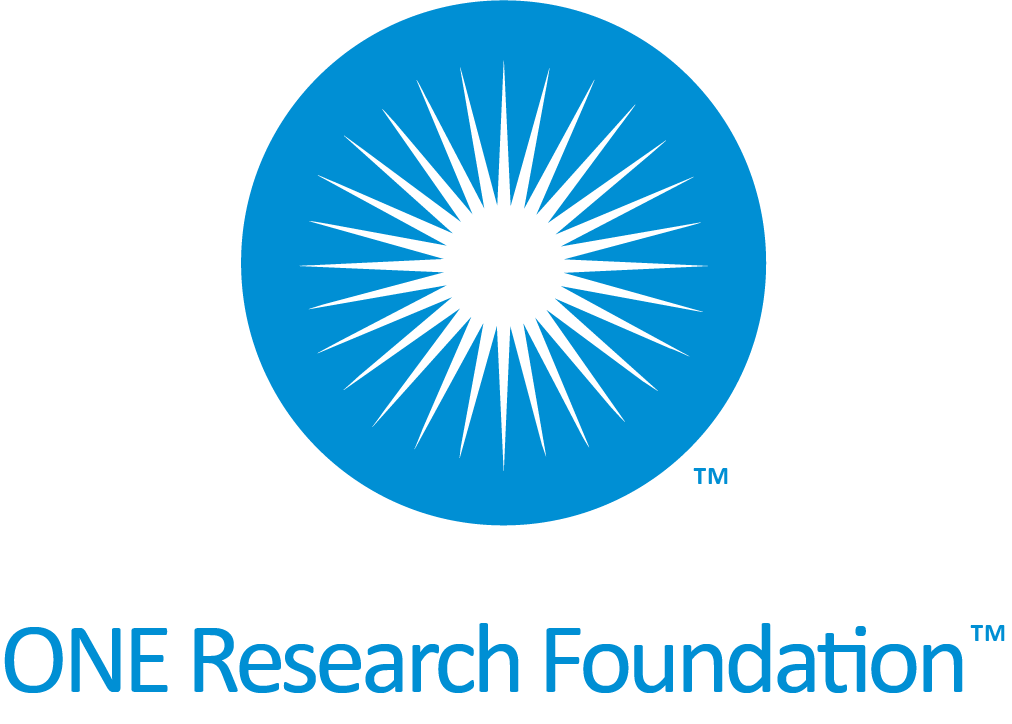Peggy Yu, MA, RCC, CCC
British Columbia, Canada
778-982-1837
www.key2betterbalance.com
Last summer Peggy Yu was reviewing the options for continuing education classes, and came across a listing for N.E.T. She thought she’d give it a try, just one time. But after her first Basic seminar she thought, “Wow, this is what I want; this is what I’ve been looking for!” She was drawn to N.E.T. because of its holistic approach. The technique “treats the causes, not the symptoms.” Since her first seminar, Peggy has attended multiple seminars throughout the U.S. and Canada for certification. N.E.T. has not only improved her effectiveness as a therapist, but has helped her become more grounded and focused, personally and professionally.
As a psychotherapist, Peggy believes the field needs more than traditional Cognitive Behavioral Therapy techniques, and that not enough attention is paid to the mind-body paradigm. In her practice Peggy combines Cognitive Behavioral Therapy, with N.E.T., nutritional consultation and exercise that benefits the meridian and mind-body systems.
Peggy described the profound impact N.E.T. had with one of her clients, a 13 year old, Native Canadian, “First Nation” boy. He had been removed from his biological family since birth due to parental substance abuse and was diagnosed with Fetal Alcohol Syndrome Disorder (FASD). He had been placed in foster care and was eventually adopted by his foster parents. His adoptive mother sought counseling for her son, believing he had anger issues and behavioral problems. The client was showing anger towards another foster child in the home, a 7-year-old boy. During their first session, Peggy realized traditional cognitive therapy would likely not be successful. Her client struggled to express himself and was restless and fidgety. Thus, she began with the 15 steps of N.E.T. The technique revealed a traumatic experience from years past that was affecting his emotional and physical wellbeing. Approximately seven years ago, he visited his biological parents and very much wanted to stay with them. He was heartbroken to leave, but knew he couldn’t stay due to their substance abuse issues. The emotions from that experience were never processed; they became stored within his body. When interacting with the other foster child the emotions were triggered and were coupled with a feeling of sadness for the other boy who couldn’t be with his parents. Once her client saw the connection between his past experiences and his current behaviors, significant progress began to be made. Almost immediately she saw a physical and psychological difference, the fidget and anxiety subsided.
Peggy believes had she relied on traditional psychotherapy or even play therapy alone at first, it would have taken 6-10 sessions to get to her client’s core issue. But, with N.E.T. they were able to get to the core within 2-3 sessions and effectively helped the client come to the realization between past experience and his current behavior, which then enhanced the effectiveness of traditional psychotherapy approached afterward.
As a big advocate of N.E.T., Peggy supports The ONE Research Foundation because scientific research validates the technique and facilitates its acceptance within the healing communities. She would like to see more mind-body interventions, such as N.E.T., utilized within psychotherapy. But, in order for her colleagues to embrace the technique they need to see: research, numbers, stats and results. “Without research how can we have a firm ground to promote the technique to others?”






